Program Agenda
- Friday August 3, 2018

Jerry Glas
Opening Statement by The Network Chair
Welcome from The Seminar Chairs
Diane Averell — Porzio Bromberg & Newman (Morristown, NJ)
Joe Ortego — Nixon Peabody (New York, NY)
Amy Sorenson — Snell & Wilmer (Salt Lake City, UT)
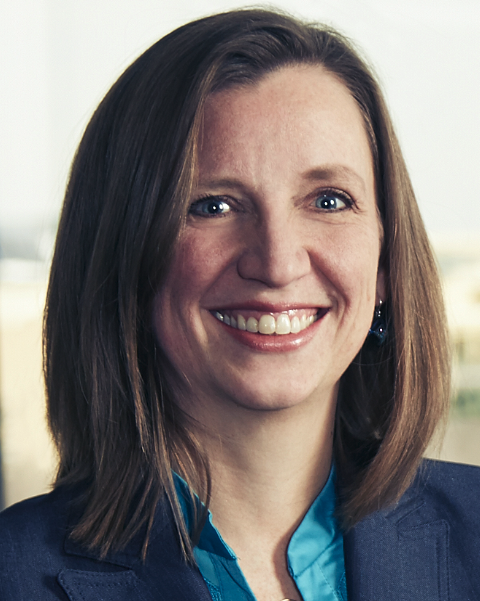
Stephanie Douglas
Verdict Vigilance: Preventing, Spotting, and Preserving Verdict-Related Issues
Civil juries sometimes deliver perplexing verdicts, reflecting inconsistent liability findings or a jury compromise (as when a jury resolves a disagreement about liability by awarding inadequate damages). Though not always apparent, these verdicts sit on a razor’s edge, and an attorney must exercise “verdict vigilance” at every juncture: pre-verdict, post-verdict, and on appeal. With proper attention, verdict inconsistencies can often be avoided altogether. And when verdict-related issues do arise, preserving those issues for appeal can make or break your entire case.
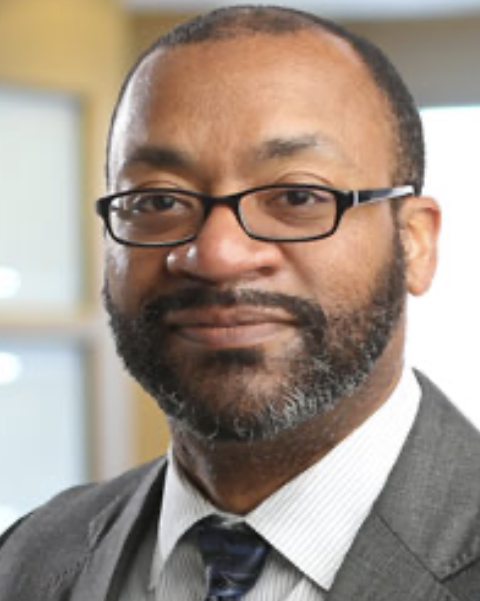
Terry Newby
Traversing the Shifting Landscape of Patent Litigation: Critical Strategies for Utilizing Recent Supreme Court Decisions
In-house attorneys responsible for managing a company’s patent litigation have unique responsibilities. Recent Supreme Court decisions have significantly changed the patent litigation landscape, and in-house attorneys who manage patent litigation should be aware of these new developments. Learn how the latest SCOTUS rulings affect patent litigation, and how in-house counsel can take advantage of the new landscape.
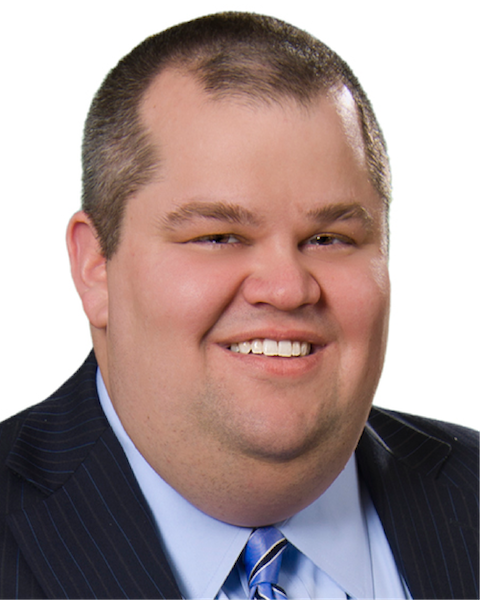
Tony Rospert
The Art of Argument: Using the Pixar Storytelling Formula to Persuade Judges and Jurors
Most successful trial attorneys use storytelling as a way to persuade judges and jurors. Stories have the ability to engage triers of fact in a way logic and case law alone never could. In his presentation, trial attorney Tony Rospert will take you “to infinity and beyond” by providing an overview of the importance of storytelling for trial attorneys, a description of the Pixar story formula, and examples of using the Pixar formula in trial briefing, opening and closing arguments to help you create a more compelling narrative.

Sawnie McEntire
Depositions: Preparing for Battle
If trials are warfare, then depositions are battles. Do not send your witnesses into harm’s way without adequate preparations. The presentation will focus on a variety of tested techniques and creative ways to prepare company witnesses for depositions in all types of cases.
Driving Value and Efficiency When Managing Outside Litigation Teams: A Dual Perspective from an Outs
The presentation will share the views of an outside lawyer who has served as an outside general counsel on the most crucial aspects of the outside-inside counsel relationship. Key takeaways will include: 1) identifying the pressure points of the in-house lawyer that the outside lawyer must know, such as business unit concerns, risk aversion, and budgeting; 2) establishing the company story by including the outside lawyer as part of the in-house defense team; and 3) setting the company’s expectations on how the matter will be defended.
Refreshment & Coffee Break
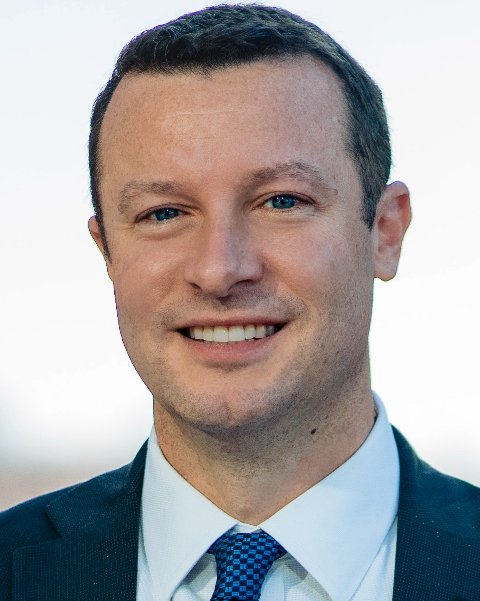
Todd Williams
Fighting Ghosts: Defending Against Anonymous Online Short Attacks
Instances of online short attacks on publicly traded companies have become increasingly common. Short activists often leverage social media and online forums to anonymously post negative research reports and other articles about target companies. The resulting publicity can have immediate and lasting negative effects on a company’s share price. Attorney Todd Williams will discuss strategies and challenges regarding defending against such attacks.
Digging through Daubert: From Basic Considerations to Complex Issues in Products Liability Litigation
Given the ubiquitous nature of experts in products liability litigation, it is critical that a practitioner have a comprehensive understanding of the admissibility process of expert testimony, both when selecting an expert and moving to exclude an opposing expert. Learn the recent expert qualifications courts look to when qualifying (or disqualifying) an expert, unique concerns related to experts, and recent notable cases from various jurisdictions.
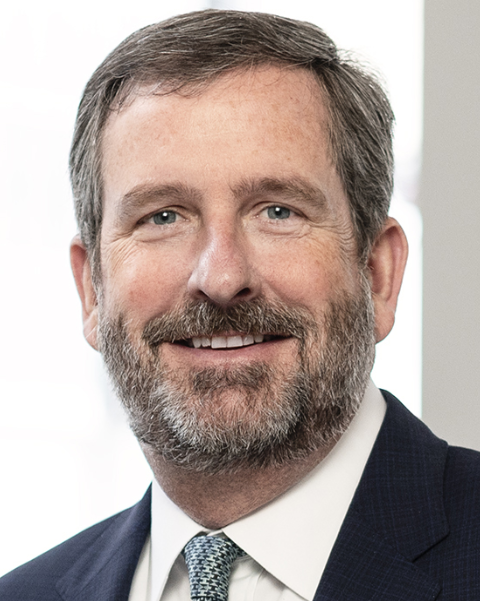
Lee Hollis
Whistleblowers Under Dodd-Frank and Sarbanes-Oxley: Untouchable?
When an employee raises concerns about allegedly illegal activity, what is the extent of the protection afforded to him? Can the employer still discipline the “whistleblower” for bad conduct, or does he become untouchable? Mr. Hollis will discuss the practical and legal issues surrounding how to handle an employee after they have blown the whistle.
You May Be Wrong, But You May Be Right: How Admitting Fault Can Give You a Win
The jury is not going to like all the bad things your client did and did not do. But the damages are not too bad. What do you do? John Sandberg will explain why counsel and their clients should consider admitting liability and try the case on damages alone.
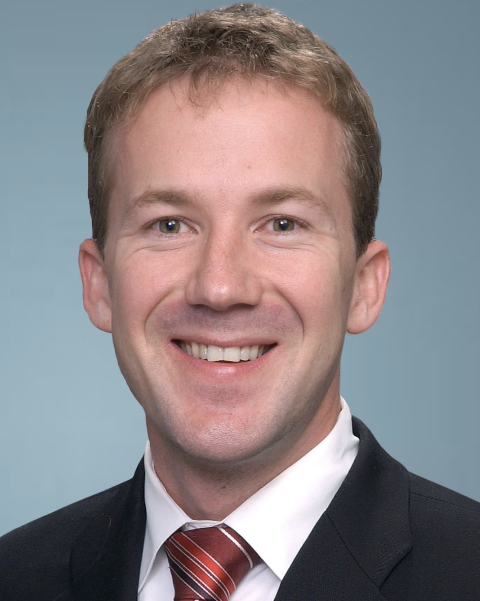
Josh Lanning
Digging for Gold in a WhatsApp World – How to Optimize Discovery in the Age of Digital Media
People used to communicate by letter. Discovery was difficult then (we hear). Then people communicated by e-mail and discovery became vastly more complex. But just when the legal world began to wrap its head around how to dig for smoking guns within a few gigabytes of data sent through Microsoft Exchange, the iPhone came along and changed the playing field. Now, new modes of communication literally pop up every day and traditional discovery mechanisms have been slow to catch up. Trial attorney Josh Lanning will discuss trials and tribulations of trying to get the “good stuff” – and trying to protect it – in world where new communications applications appear almost every day.
Working-Lunch Roundtable Discussion Groups
Track A: A New York State of Mind: Understanding Changing Juror Dynamics in the Big Apple
Moderator: Joe Ortego — Nixon Peabody (New York, NY)
Room: Evarts
Discard your old stereotypes and outdated ideas and explore the changing demographics of New York, including the political and social outlook of its jury pool. Myths and facts to consider and a recipe for success.
Track B: Corporate Responses in the #METOO Era
Moderator: Malissa Wilson — Forman Watkins & Krutz (Jackson, MS)
Room: Tweed
This topic would recommend steps in-house counsel should take in working with human resources personnel to prevent workplace sexual harassment, including the content and dissemination of anti-harassment policies and procedures. It would also address how to respond to complaints of workplace sexual harassment leading into a formal response to an EEOC charge of discrimination.
Track C: Money for Nothing – Exploring the Developments in Financial Industry Patent Litigation
Moderator: Eugene Mar — Farella Braun + Martel (San Francisco, CA)
Room: Carter
As the financial industry has evolved and adopted many forms of technology, it has become a growing target for patent litigation. From smart cards and stored value cards to blockchain and e-currency, the financial industry is an area that has and will continue to help set trends in patent litigation. The interactive roundtable will explore the latest developments in patent litigation in both the courts and at the Patent Office, and what attorneys advising financial institutions ought to know about the risks and trends in this area.
Track D: Checks and Balances in the Workplace
Moderator: Nikki Nesbitt — Goodell DeVries Leech & Dann (Baltimore, MD)
Room: Cromwell
In most employment or intra-corporate disputes, counsel can obtain the necessary information by speaking with – and obtaining the appropriate records from – the department director or supervisor. But what if the director is the wrongdoer, and the only available records and information are in his or her possession? Join Network member Nikki Nesbitt to talk about employment structures that ensure that all employees – even those at the highest level – have accountability to the organization for their actions.
Track E: Litigating on a Budget – Not Betting the Company
Moderator: Jim Miller — Akerman (Miami, FL)
Room: Hughes
Not every case is “bet the business,” yet many cases are managed by both outside and in-house counsel as if they were. Early case evaluation includes determining what’s at stake and establishing a realistic budget and scope for the case. Not every claim or defense needs to be asserted, not every deposition needs to be taken, and not every motion needs to be filed. This session will explore methods for limiting the scope of the litigation in order to minimize time and expense and maximize the outcome.
Track F: Lessons Learned from Mass Litigation
Moderator: Jessie Zeigler — Bass Berry & Sims (Nashville, TN)
Room: Davis
From opioid litigation to food litigation to mass wildfires, the prevalence of large-stake litigation is astounding. We will collectively share lessons we have learned from mass litigation, whether/how companies can best position themselves to avoid it, and ways of seeking an early and happy ending to mass litigation.
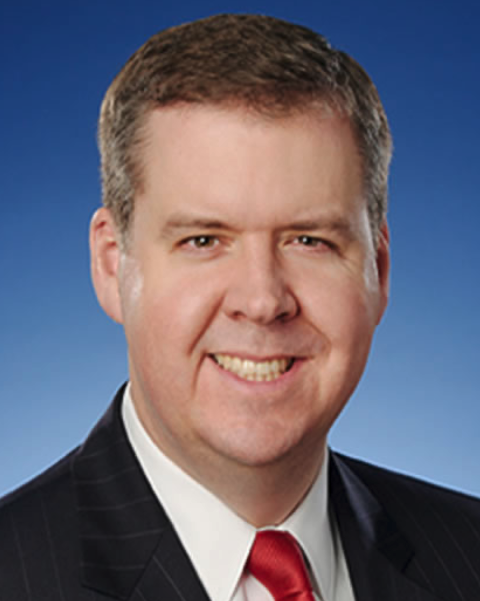
Steve Finley
The Removal Road Trip: Plotting the Best Course with Your Clients
Where a case is litigated is often just as important to its outcome as the underlying claims and defenses. Federal court typically offers defendants significant advantages over state court. Removal is the path to federal court, but district courts across the country have imposed requirements beyond those found in the statute. This presentation will look at recent developments regarding timing, notice and consent for removal and outline the nuts and bolts of removal practice to ensure that cases that belong in federal court stay there.

Kathryn Walker
ELIMINATION OF BIAS: Your Mind IS Playing Tricks on You – Strategies to Combat Implicit Bias
Whether we like it or not, implicit bias plays a role in both our professional and personal lives. This session will focus on explaining the issue and providing practical solutions for combating bias in both law firms and legal departments.
ETHICS: Ethical Issues in E-Discovery
Todd Ohlms of Freeborn & Peters will discuss a lawyer’s ethical duties with respect to e-discovery. Focused on both in-house and outside counsel, he will address a lawyer’s general duty of competence, duties involved in data/evidence preservation activities, data searching, supervision and the duty of candor with respect to communications with the Court.
ETHICS: Social Media in Litigation: Opening Pandora’s Box
Attorney Duris Holmes will discuss the ethical considerations of online investigation, the dangers of spoliation, and recent rulings on virtual contact with judges, jurors, witnesses, and adversaries. Learn which boxes should always be left closed.
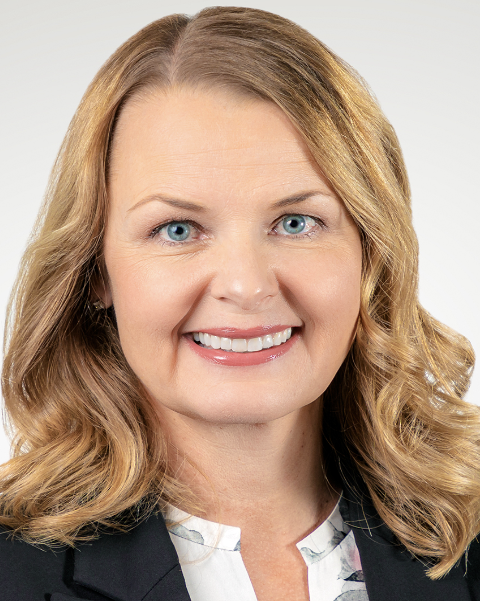
Amy Sorenson
ETHICS: Can I Do That? Practical Issues and Ethical Concerns Of In House Counsel Pro Bono Efforts
Trial lawyer and statewide Access to Justice Commission Chair Amy Sorenson surveys the growing area of corporate legal department pro bono work, including resolving ethical concerns and overcoming practical objections.

